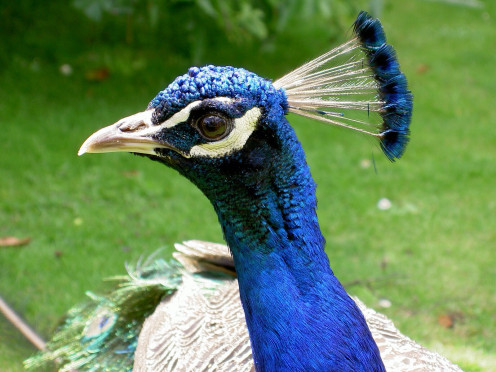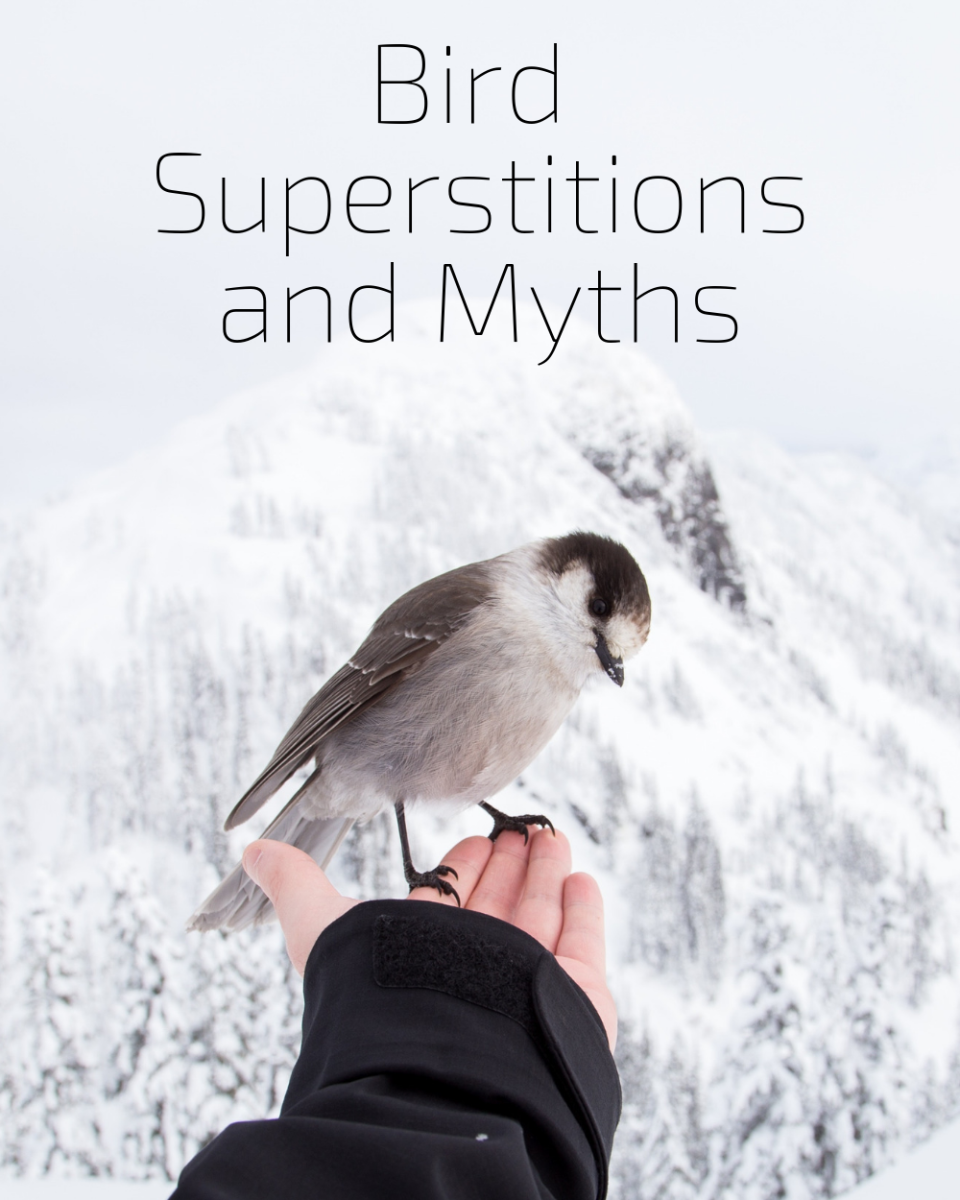Letting go of Pride

By Michelle Liew Tsui-Lin
All Rights reserved
I could easily forgive his pride, if he had not mortified mine"- Jane Austen, Pride and Prejudice.
We always stipulate conditions when it comes to letting go of pride and reconciling after an argument.
It is not simple to release our pride, especially after others have wronged us. We want to maintain a hold over the ones who have hurt us. It is in our interests to protect ourselves lest we are hurt again.
The time, however, comes when we have to do so like it or not, as it is in our own best interests. Letting go of our pride becomes a matter of where and when.

Why we must forgo our pride
Though we do not like it, the time comes when we have to shed our peacock feathers, and for good reason.
1. It clouds the bigger picture.
For a start, pride clouds perspective. We concentrate on the hurt of the short-term and fail to see long-term consequences.
Though he is not free from blame, refusing to communicate with an errant sibling over trivial matters may lead to the sabotage of an important, long-term relationship or opportunity.
2. It breeds hatred.
Pride also breeds boiling hatred. Our desire to cling to petty self-righteousness spawns irrational hatred of those who do not hold ideals in common with our own.
This is why religious and racial divergence is hard for some to tolerate.
3. It creates unnecessary competition.
Irrational hatred aside, pride creates unnecessary competition. Humans compete over the most absurd of issues, especially superficial ones such as beauty.
Such competition encourages us not to accept ourselves as we are.
4. It prevents good.
To add, pride prevents us from seeing the good that is possible. Too many peacock feathers blind us to the good of others.
The true, good intentions of others are hard to discern.
5. It breeds selfishness.
Lastly, we have to forgo our pride if it is making us selfish. We have to consider interests other than our own.
Eventually, the interests of others also boost our own.
When was your pride challenged!?
When to let go of pride: losing the feathers
Forgoing our peacock feathers does not mean humiliating or compromising ourselves. It does not mean losing our self-worth?
Many times, forgoing pride brings about the greater good of all.
1. We must let go of pride in urgent circumstances.
Those times are when circumstances are urgent. When the family needs to bond over an emergency, such as a member's serious illness, forget past grievances.
2. We should forget pride for the sake of important relationships.
We should also shed those feathers to preserve important relationships. Having a long-term feud with one's parents does not bode well over time.
3. Let go of pride when matters are trivial.
Another reason to shed prideful feathers is triviality. It does not scar you permanently when someone makes an indiscreet or tactless remark. Just clarify matters and move on.
4. When the mistake is ours.
To add, if the mistake is ours, it is time to shed the feathers and account for it. Everyone makes them.
5. When the person faces extenuating circumstances.
To round off, it is never wise to cling to our pride in extenuating circumstances. There will be times when we need the help of others, no matter whether you like the idea.
Asking for help does not mean humiliating yourself. Ask, bearing the need for tact and distance in mind.

Shedding our peacock feathers need not be an awkward experience. Take a balanced approach.
1. Do not get affected by trivial matters.
For a start, do not worry about trivialities. Little, indiscreet words or actions are often not worth our time. It is not difficult to forget, in time, a tactless remark made in ignorance.
2. Think about whether the person meant to insult.
To make the process of forgetting easier, think about whether the person meant to deal the insult. He may have said words in the wrong context or be facing pressure himself.
3. Apologize when necessary.
Thirdly, do not be afraid to apologize when the mistake is yours. All of us are fallible.
4. Practice honesty.
To add, be honest with yourself and others. More empathy, rapport and understanding removes the need for pride.
5. Maintain boundaries.
To close, letting go of pride does not mean humiliation or servility. Practice humility while still maintaining personal boundaries.

Conclusion
When and what would you do to let go of your pride?








